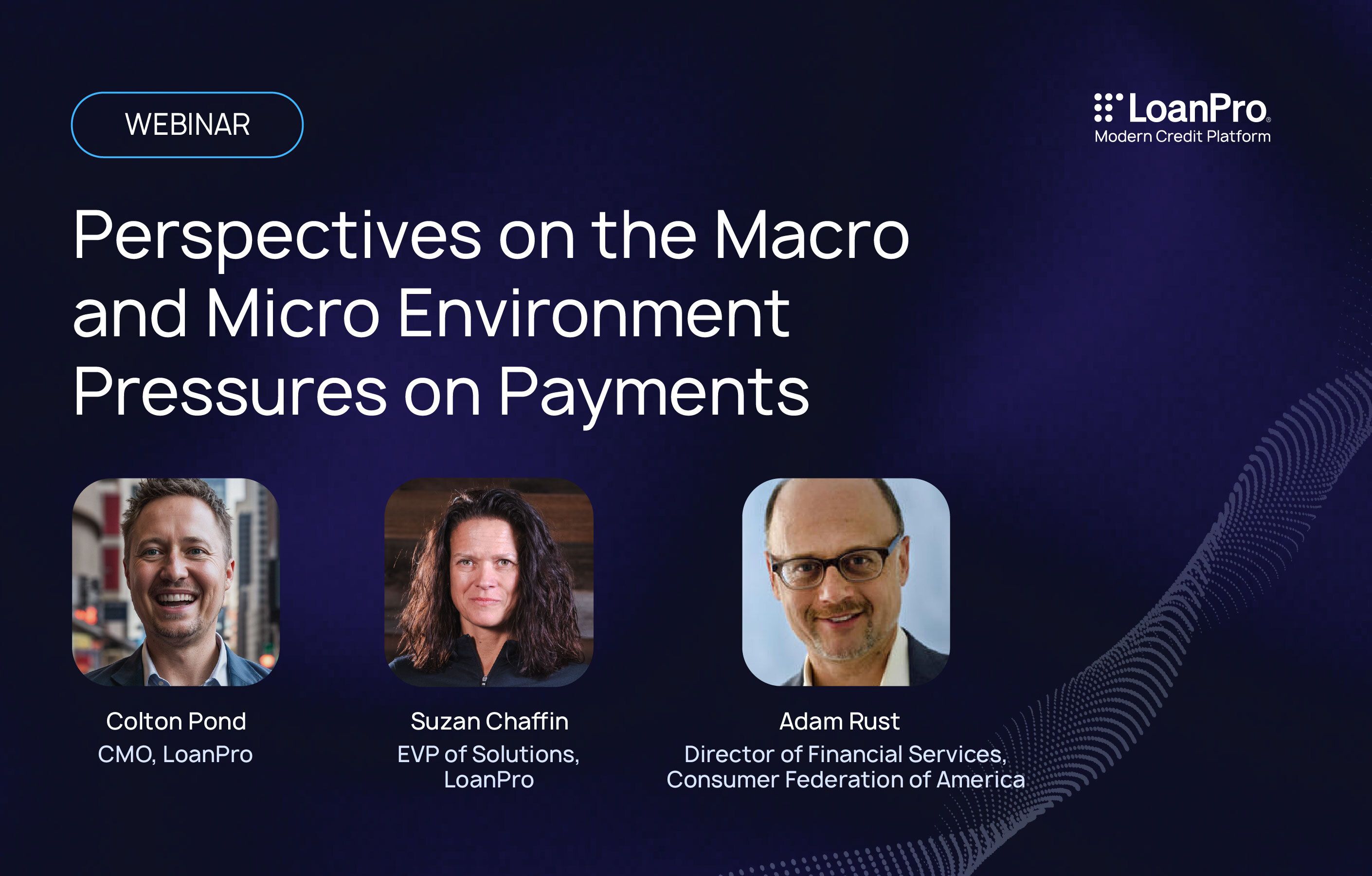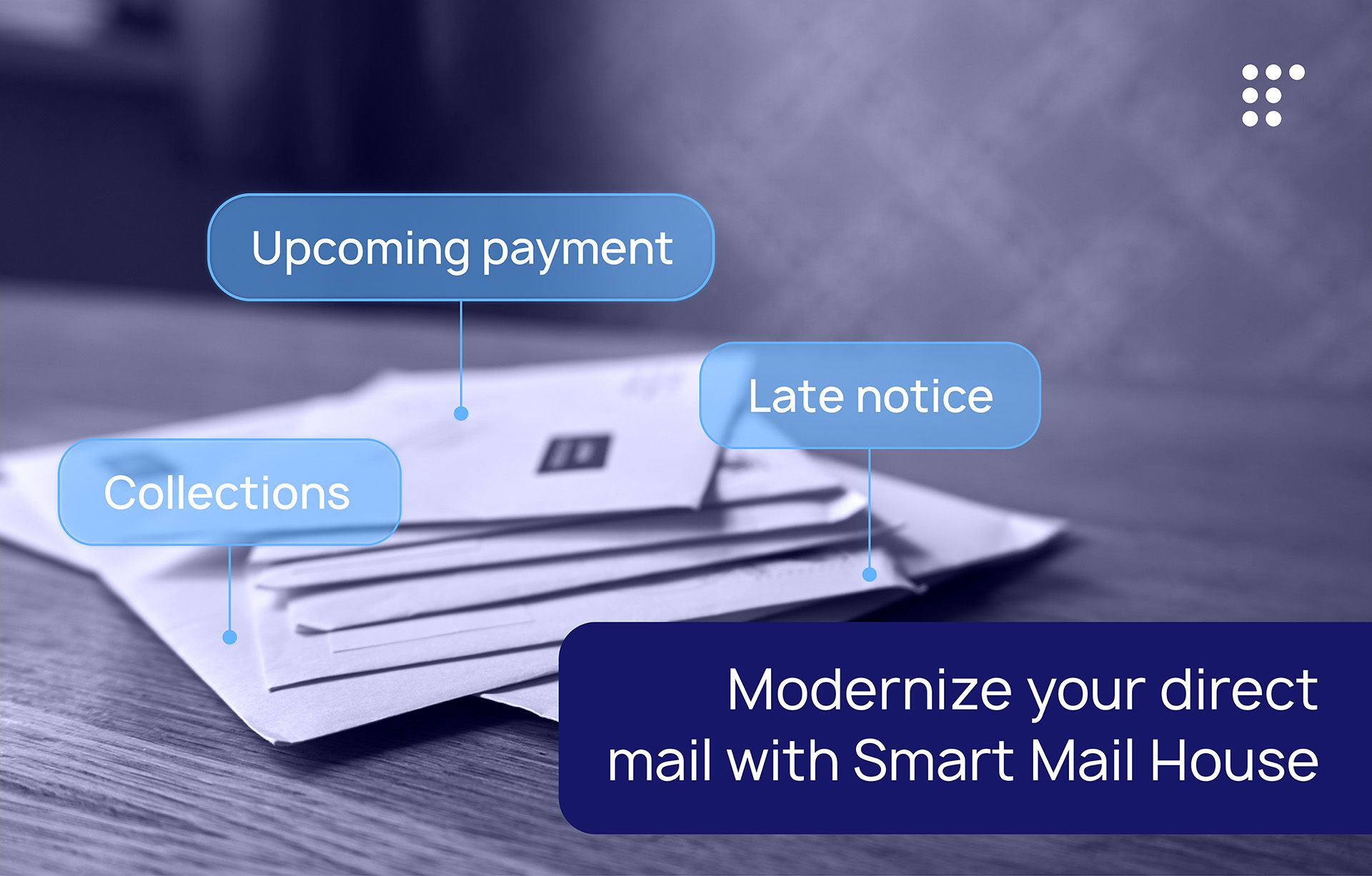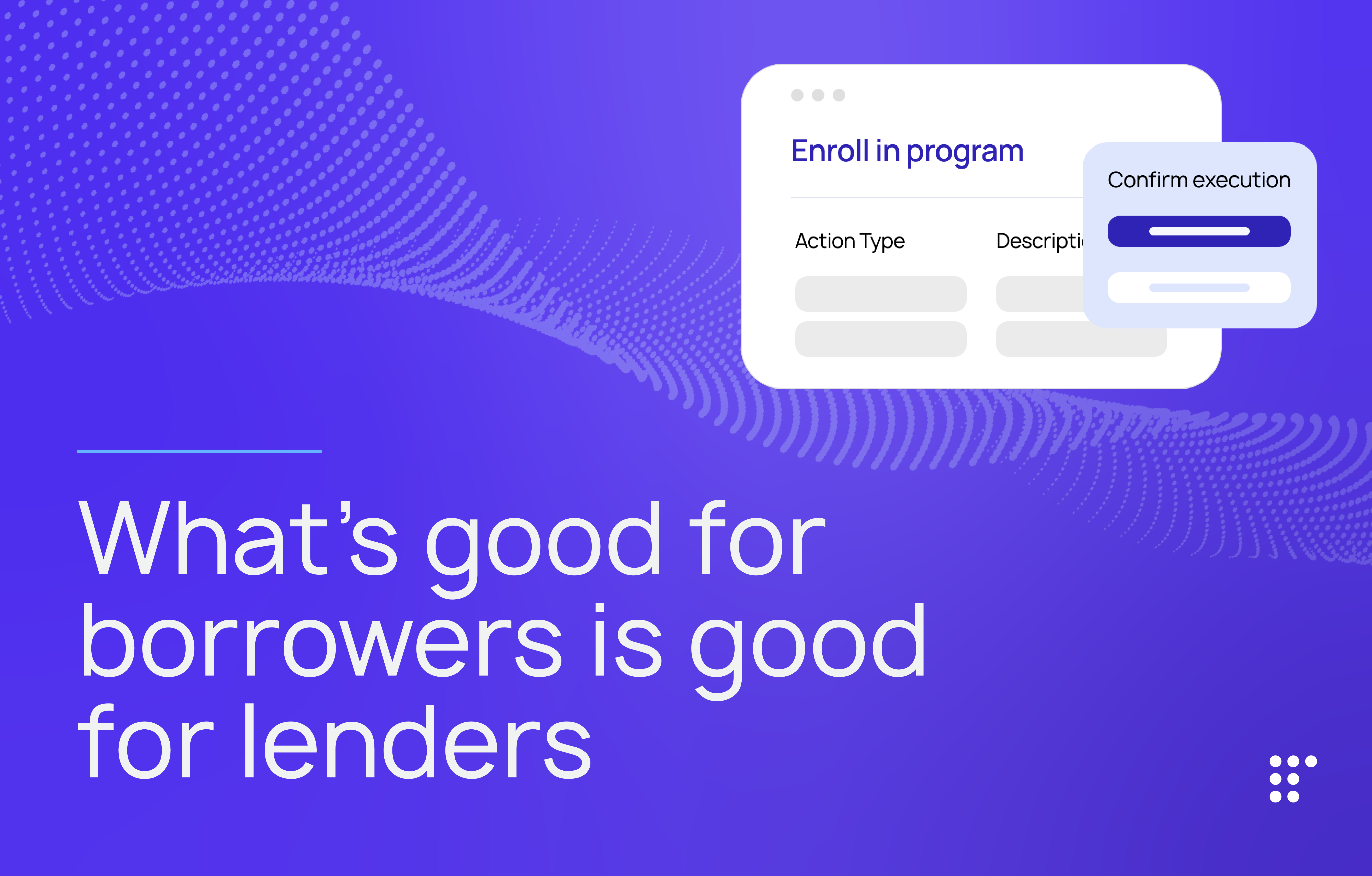Compliance Lookout: EWA & BNPL
Banks and fintechs alike are on the lookout as the CFPB and OCC increase their focus on requirements for Earned Wage Access (EWA) and Buy Now, Pay Later (BNPL) products.
Earned Wage Access
EWA and similar “income-based advance” products have always been popular among people who need access to money—pronto.
Recently, California’s Department of Financial Protection and Innovation proposed the registration and examination of companies providing “income-based advances.” The CFPB expressed their approval of this proposal in a letter and of the concept of income-based advances being treated as loans. Their intention is to issue further guidance concerning the application of federal law, such as Regulation Z, to income-based advance products.
If their intended regulatory changes go through, companies that offer these “income-based advance” products will have to come up with a way to ensure their products meet a lot of requirements that weren’t previously a concern, including various disclosures and rules regarding charges.
Buy Now, Pay Later
BNPL has been growing in popularity since its inception, but regulators have always been on the fence about certain aspects. Many consumers enjoy the accessibility of BNPL loans, the fact that there’s no hard credit check involved, and the fact that there is little to no interest rate—barring a delinquency on their loan. However, certain aspects of the BNPL process are concerning to regulators:
- Because BNPL loans aren’t reported to CRAs, BNPL providers risk their borrowers overextending themselves and being unable to repay their debts, and lenders don’t have visibility into an applicant’s borrowing activities pertaining to BNPL loans.
- The lack of clear, standardized disclosures means that consumers may not fully understand the nature of the loan, raising eyebrows at the CFPB and OCC.
- Any returns of merchandise or disputes may not be easily resolved during the brief term of the loan.
- The instantaneous credit decisioning and frequent strong reliance on third parties might lead to increased operational risk, such as fraud.
We’ve recently seen some actions from the OCC, who published a set of guidelines for banks who offer BNPL products to follow on November 30th. These guidelines largely concern the development of risk management systems for BNPL programs.
“Banks should maintain underwriting, repayment terms, pricing, and safeguards that minimize adverse customer outcomes and should ensure that marketing materials and disclosures are clear and conspicuous.”
According to the OCC, the proposed risk management systems should include:
- Credit Risk Management
- Charge-off practices that are tailored to the short term nature of the loan
- BNPL incorporation into the allowances for credit losses (ACL) methodology
- Credit Bureau Reporting
- Operational Risk Management
- Fraud risk management and controls
- Incorporation into the existing model risk management processes
- Third-Party Risk Management
- Compliance Management
The CFPB, too, has been making noise about further consumer protections for a while now. In a press release last year, Director Rohit Chopra stated:
“Buy Now, Pay Later is a rapidly growing type of loan that serves as a close substitute for credit cards. We will be working to ensure that borrowers have similar protections, regardless of whether they use a credit card or a Buy Now, Pay Later loan.”
We have yet to see an actual proposal from the CFPB, but it seems like it’s only a matter of time. BNPL providers should be prepared to face future regulatory changes, whether they be a bank or a fintech company.
Other Resources
- CFPB’s Comment On California’s “Income-Based Advance” Rule Is A Stark Warning For EWA Providers —Jason Mikula
- State Regulatory Developments on “Income-Based Advances” —Seth Frotman (CFPB blog post)
- Nearly 1 in 5 Consumers Apply for BNPL to Bypass Hard Checks That Hurt Credit Scores —PYMNTS
- OCC Releases BNPL Guidance —Jason Mikul
- Consumer Use of Buy Now, Pay Later: Insights from the CFPB Making Ends Meet Survey —CFPB
- CFPB Publishes New Findings on Financial Profiles of Buy Now, Pay Later Borrowers —CFPB





